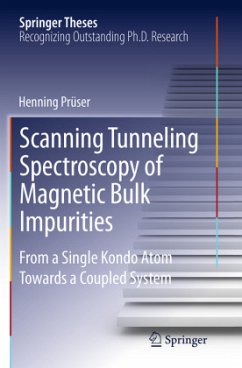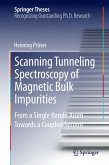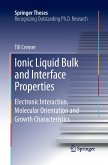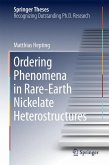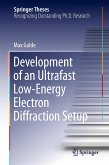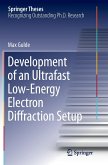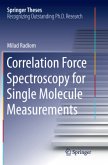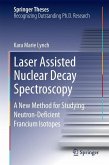Magnetic impurities in a non-magnetic host metal have been actively explored in condensed matter physics in recent last decades. From both fundamental and applied viewpoints these systems are very interesting because they can exhibit strong electronic correlations that give rise to various fascinating phenomena beyond the single particle picture. Up to now our understanding of the underlying processes remains limited due to difficulties involved in measuring these systems on a microscopic scale. With their unique control, scanning tunneling microscopy (STM) and spectroscopy (STS) allow for the first time investigations of phenomena occurring on very small length and energy scales. Here, single magnetic iron and cobalt atoms embedded beneath a metal surface are investigated using these techniques. In particular, the transition from single impurity Kondo physics to two interacting impurities is studied in real space. This thesis contains a comprehensive description of the STM /STS technique, sub-surface impurities, as well as single- and two-impurity Kondo physics - and as such offers a valuable introduction to newcomers to the field.
Bitte wählen Sie Ihr Anliegen aus.
Rechnungen
Retourenschein anfordern
Bestellstatus
Storno

